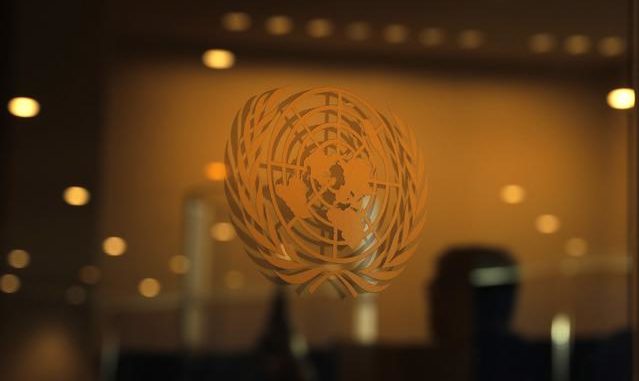
A decision by U.S. President Donald Trump to pardon two army officers accused of war crimes and restore the rank of a third sends a disturbing signal to militaries, a U.N. rights spokesman said on Tuesday, adding he was “very concerned” at the move.
The White House decision last week involves officers accused of war crimes in Afghanistan and Iraq, including the alleged killings of civilians. Trump has previously acknowledged that pardons would be controversial but said they were justified because they had been treated “unfairly”.
“In the present cases no circumstances have been advanced to suggest anything other than simply voiding an otherwise proper process…,” United Nations human rights spokesman Rupert Colville told journalists in Geneva on Tuesday, adding that the failure to investigate and prosecute war crimes was itself a violation of international humanitarian law.
He said that the decision to terminate criminal proceedings in the case of Major Matthew Golsteyn was “particularly troubling as it cuts short the regular judicial process”. Golsteyn, an Army Green Beret, was charged with murdering an Afghan man during a 2010 deployment to Afghanistan.
Most pardons are granted for those already convicted who have served time for a federal offence. But presidents have occasionally granted pardons pre-emptively to individuals accused of or suspected of a crime.
Colville said he was not aware of pardons of this type since the Vietnam War. “These pardons also send a disturbing signal to militaries all around the world,” he added.
Reporting by Emma Farge; Additional reporting by Stephanie Nebehay; Editing by Alex Richardson
GENEVA (Reuters) –
